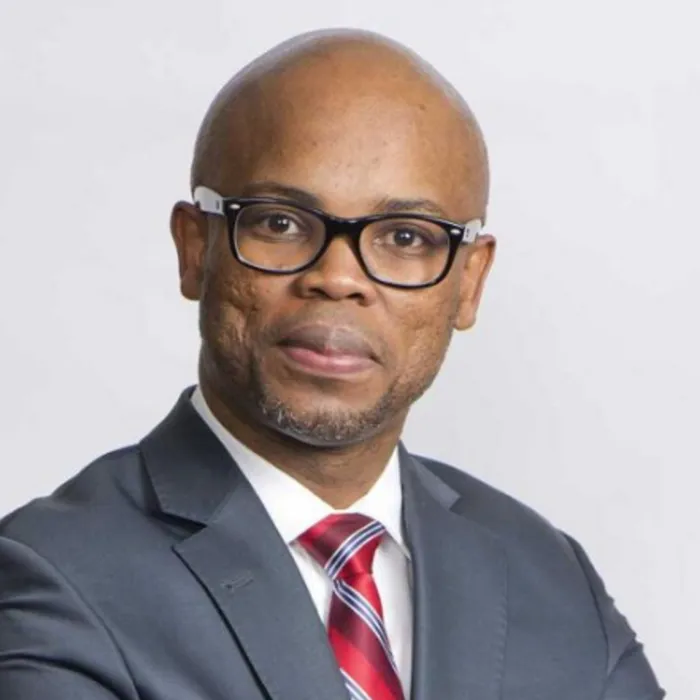
Unathi Kamlana, Commissioner, Financial Sector Conduct Authority (FSCA), said that South Africa faces deep and persistent socio-economic challenges.
Image: Supplied
The Financial Sector Conduct Authority (FSCA) Commissioner, Unathi Kamlana, said on Monday that South Africa was facing deep and persistent socio-economic challenges.
With a backdrop of geopolitical tensions and global economic uncertainty, Kamlana emphasised the urgent need for vision, integrity, and courage among those in leadership positions.
“Here at home, South Africa faces deep and persistent socio-economic challenges. These realities demand vision, integrity, and courage from those entrusted with the responsibility and privilege of leadership. Among the many sectors that carry this weight, the financial sector stands out,” he said.
Kamlana was speaking at the 11th Archbishop Thabo Makgoba Development Trust Annual Lecture on Friday at Rhodes Business School.
He said the financial sector was both a reflection of these challenges and a powerful lever for addressing them, shaping how resources were allocated, how opportunities were expanded, and how trust was built within society.
“The financial sector – which includes banks, insurance companies, retirement funds, asset managers, and financial markets – is at the heart of the South African economy, touching the lives of every citizen.”
“The sector is also one of the largest contributors to the country’s economy as measured in terms of GDP. It plays a vital role in job creation and bolsters government revenues through taxation. This makes the financial sector’s growth and stability crucial to the success of our nation.”
Kamlana added that the FSCA is mandated to enhance and support the efficiency and integrity of financial markets and ensure that financial customers are treated fairly by the financial institutions that serve them.
“The twin concepts of efficiency and integrity – which are at the heart of leadership – may appear to be opposites, yet, I submit that they are in fact two inseparable twins. To understand why, we must consider the distinction between value and values," Kamlana said.
"Value in financial and economic terms is relatively easy to measure – it shows up in price, profit, and growth. If a business with a R100 billion valuation today grows into an enterprise worth R500 billion in five years’ time, we say it has increased in value.”
Kamlana said that the world of markets is crucial.
"Markets are powerful engines of growth, but they can also be blind to principles such as fairness, justice, and dignity. Left unchecked, they can reward behaviour that undermines trust and destabilises society.”
Kamlana added that technology must be adopted in a way that protects jobs where possible, ensures inclusion rather than exclusion, guards against exploitation, and places fairness and integrity at the centre of innovation.
“Technology brings enormous benefits, but we must remain mindful of these risks and address them as adoption increases. At the FSCA, this is exactly what we strive to do: to embrace technology as an enabler while ensuring that it is applied in ways that protect consumers, strengthen trust, and keep people, not just profits, at the heart of the financial system. In fact, the FSCA is currently undertaking the largest digital transformation in its history,” he said.
“The large-scale investment in supervisory technologies (SupTech) involves building future-fit ICT systems to strengthen our supervisory and enforcement capabilities, turning data into insights that drive regulatory effectiveness in the digital age. This will help us regulate better and protect consumers against unfair treatment by financial institutions and exposure to scams and other forms of online harm,” added Kamlana.
Kamlana said the changing world is testing leadership more than ever before.
“The challenges are vast: geopolitical tensions, technological disruption, climate risk, social inequality, political instability. In such a context, leadership cannot be reduced to chasing profits. It must be anchored on something deeper, and that is, putting people first, and balancing innovation with inclusion, efficiency with fairness, and growth with sustainability.”
BUSINESS REPORT